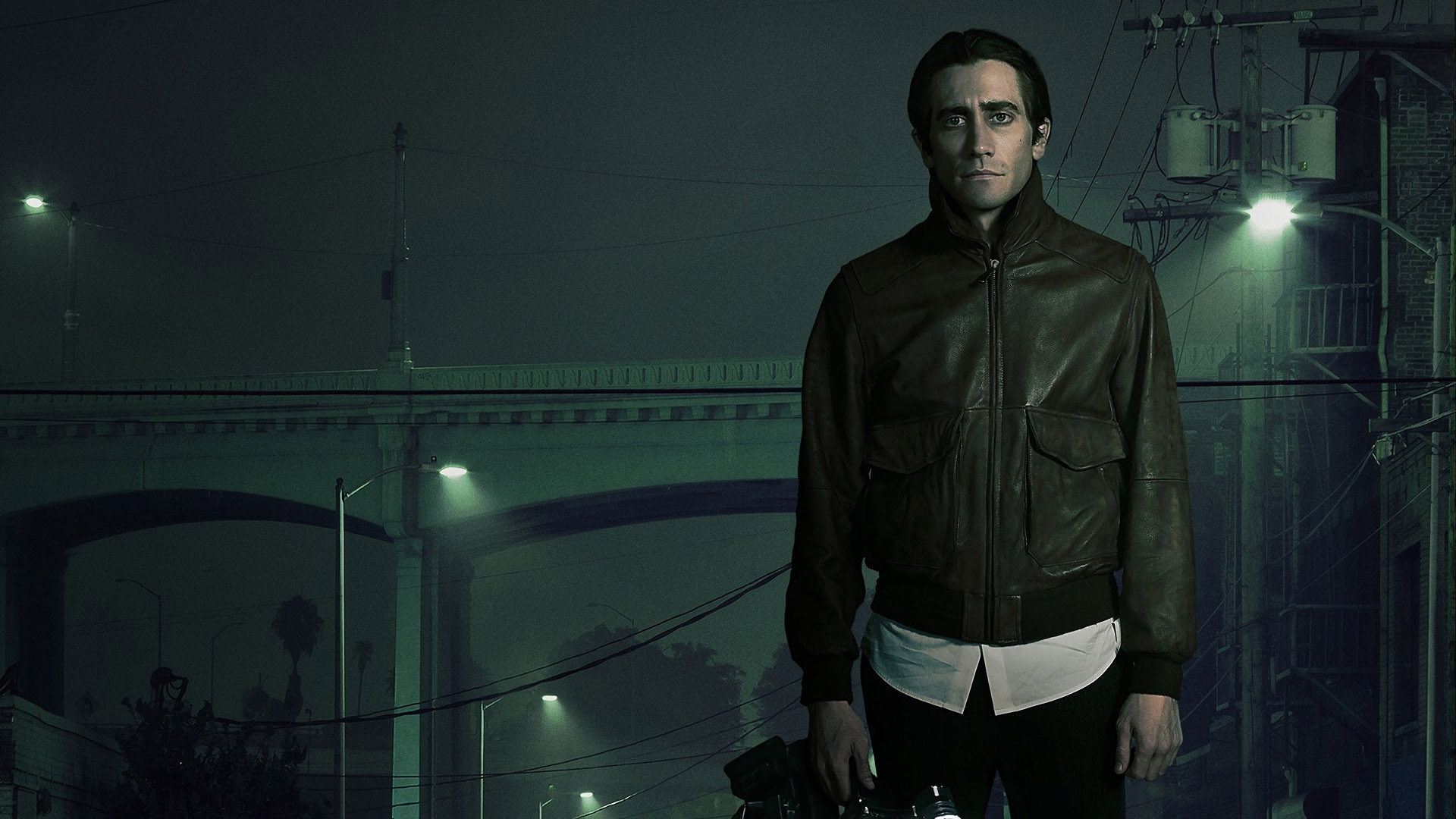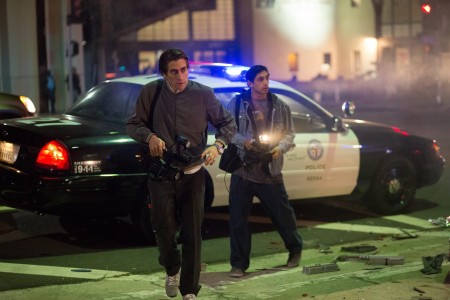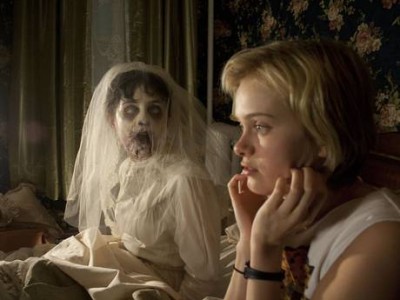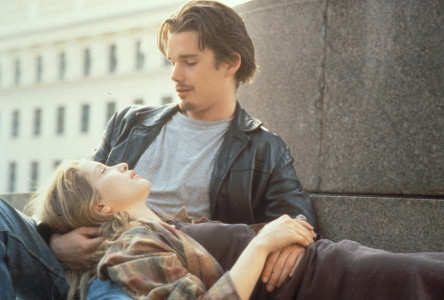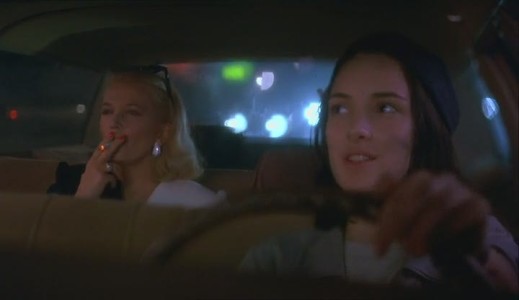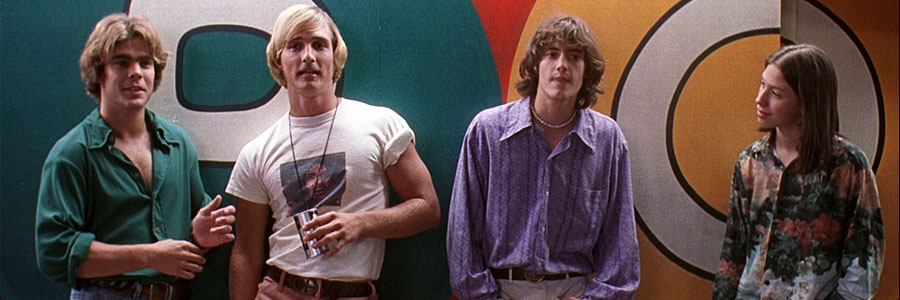Last Friday morning, large areas of the Northern Hemisphere were plunged into a semi-dark as the moon made its way across the visible surface of the sun. Whilst the reality of the solar eclipse was somewhat different from the cinematic expectations that the media had pumped into us, it’s undeniable that the event felt somewhat momentous. The brief dimming of the light reminded us that we are in a space much bigger than we could ever conceive of and, despite what we think, there are things going on around us about which we have absolutely no idea.
There’s something about the darkness which changes the normal flow of things. At nighttime, it seems that things which were impossible in the light can be undertaken with effortless ease; anything is possible. Inhibitions are lowered and therefore, the unexpected is much more likely to happen. Of course, we can trust on cinema to take advantage of the magic in darkness and it’s little surprise that some of the most interesting and chaotic films take place almost exclusively at nighttime. There’s something to be said about our relationship with the dark; when few people can see what we’re doing, we seem to believe that anything is possible.
Nightcrawler
Jake Gyllenhaal transformed himself into the detestable yet strangely captivating Louis Bloom in Dan Gilroy’s recent film Nightcrawler. Attaching himself unwantedly to a nighttime camera crew, Bloom soon embarks on his own career in the profession, buying a handheld camera and stalking the night streets of LA for the most shocking and grisly news. Pretty soon, it’s clear that Bloom will stop at nothing to get the right shock and as the film unravels in front of your eyes, it’s akin to watching a terrible car crash occur. Gyllenhaal’s cameraman is essentially a scavenger of the night and it seems unthinkable that he would try to do the same job during the day. The darkness gives him a sort of charged presence and whilst his character is undeniably weird, he uses it to his own advantage. The nighttime allows Bloom to thrive; he is the king of the dark.
The Innkeepers
Ty West’s little-seen indie film The Innkeepers is a horror film like no other. Blending a slacker comedy script with all the making of a creepy chiller, the film constantly underplays the viewer’s expectations, warping and twisting itself at every turn. Set in a failing inn, the film takes place over the business’s closing weekend. Desolate and largely abandoned, the inn is manned by the two remaining members of staff. Soon, the duo start to believe that the place is haunted and their final nights are spent ghost hunting in the dimly lit hallways of the old hotel. Whilst the film uses classic ghost story tropes throughout, it feels more creepy than normal. The heaviness of the inn and the stillness of the nighttime transform the place into something entirely sinister. As the dark edges closer towards the end of day, it is clear that it is not somewhere that you should explore further.
Before Sunrise
The film that sparked Richard Linklater’s romantic trilogy, Before Sunrise is set almost exclusively during the night. Following Jesse and Celine – two strangers who meet on a train – around the dark streets of Vienna, the film uses the darkness to strip away the pair’s inhibitions and enable them to get to know each other. Whilst the couple are obviously familiar with sparking a philosophical conversation or two, the nighttime adds a sense of urgency to their musings; when the sun rises, they will have to part, never seeing the other again. The night changes who they are whilst enabling them to bask in a feeling of otherness, if only for a moment. Were the pair to have the next day at their fingertips, it is unclear whether they would fall for each other in the same way. Funny how the following two films, both set in the day, do not have the same sort of magic as the first. There must be magic in the moonlight.
Night on Earth
It makes sense that Jim Jarmusch, the king of cool, should choose to set one of his films exclusively at nighttime. Night on Earth consists of a series of brief vignettes, set around taxi cabs. The magic of the taxi conversation seems somewhat impossible during the day and therefore, it is understandable that Jarmusch chooses to use the night to his advantage. The film tracks the course of the night, travelling from LA to Helsinki as the cities pass through the hours of darkness. As the sunlight creeps ever closer, things start to wind down in the narrative and where everything seemed possible at the start of the film, by the end, things are somewhat more downbeat.
Dazed and Confused
The second Linklater number on the list to use the night to its advantage, Dazed and Confused is one of the definitive slacker films out there. Set on the last day of high school, the film follows a number of characters as they contemplate, or avoid, the changing times which lie ahead for them. The narrative accumulates, inevitably, in a party, where relationships are made, statuses are grown and people drift apart. The film has all the makings of a great high school film and in its vignette-approach to the party, sums up entirely the patched together memories we all may have of similar experiences. The things which happen in the party are monumental for the character, yet there is the sense that, in the morning, everything will return to the status quo. The nighttime has the power to change things but pretty soon, morning will come. The coming of the day, in each night film, adds a certain urgency to the action and even though the return of the darkness is inevitable, it is apparent that what happens on a given night is unlikely to make a repeat performance. Seize the night, for it is fleeting.

